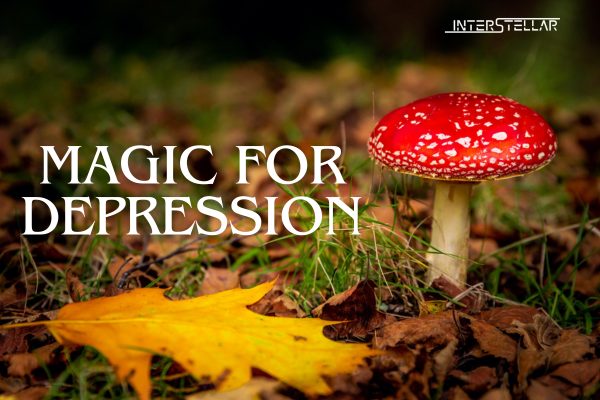Psilocybin’s Long-Term Effects on the Brain and Its Potential for Treating Depression
The active compound in magic mushrooms, psilocybin, has effects that go beyond short-lived hallucinations. New research shows it can alter brain activity for weeks, which may explain its effectiveness in treating severe depression.
How Psilocybin Affects the Brain
A team from Washington University School of Medicine in St. Louis, in a study published in Nature, explored how psilocybin impacts brain function. They found that it influences the default mode network (DMN)—a region linked to self-awareness, time perception, and spatial orientation.
According to Dr. Joshua Siegel, a co-author of the study, psilocybin reduces synchrony within the DMN. This change may cause the altered sense of self and shifts in time and space perception experienced during a psychedelic trip.
Study Design and Results
Seven participants with prior experience using psychedelics were chosen to ensure they could tolerate a high dose of psilocybin (equal to 5 grams of dried mushrooms) during MRI scans. In a double-blind setup, participants were randomly given either 25 mg of psilocybin or 40 mg of methylphenidate (generic Ritalin). After one to two weeks, they received the alternate substance.
Participants had MRI scans before, during, and after each session—totaling 18 scans each. Results showed the DMN returned to normal activity levels the day after psilocybin intake. However, communication between the DMN and the anterior hippocampus (a region key to memory) stayed reduced for up to three weeks. This prolonged impact might explain why psilocybin-based therapies help patients become more receptive to treatment.
Implications for Depression Treatment
The study’s findings can guide companies developing psychedelics and related drugs. Understanding these effects may help identify optimal doses. Dr. Siegel believes psilocybin’s long-term impact on brain connectivity might explain why patients report improved mental flexibility and a renewed outlook after treatment.
Enhanced mental flexibility, or “plasticity,” could be vital for treating conditions like treatment-resistant depression. It allows the brain to respond more effectively to therapy, boosting the chances of recovery.
Rising Interest in Psychedelic Research
Despite the demanding nature of the study, recruiting volunteers was relatively easy. This reflects the growing interest in psychedelic research and its potential benefits.
As research on psilocybin deepens, it may pave the way for more effective treatments for various mental health conditions.





